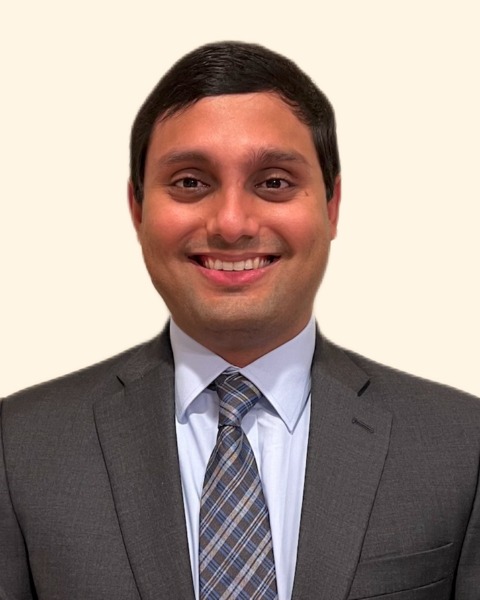Time of Postoperative Cardiac Arrest Affects Outcomes in Cardiac Surgery Patients
-

Parth Patel
Icahn School of Medicine at Mount Sinai
New York, NYDisclosure information not submitted.
-
CG
Caroline Gross, MD
Assistant Professor of Anesthesiology, Perioperative & Pain Medicine
Icahn School of Medicine at Mount Sinai
New York, New York, United StatesDisclosure information not submitted.
-
KN
Koichi Nomoto, MD, PhD
Associate Professor of Anesthesiology, Perioperative & Pain Medicine
Icahn School of Medicine at Mount Sinai
New York, New York, United StatesDisclosure information not submitted.
-
MO
Mehdi Oloomi, MD
Assistant Professor of Cardiovascular Surgery
Icahn School of Medicine at Mount Sinai
New York, New York, United StatesDisclosure information not submitted.
-
ZZ
Zdravka Zafirova, MD
Associate Professor of Cardiovascular Surgery
Icahn School of Medicine at Mount Sinai
New York, New York, United StatesDisclosure information not submitted.
-
RV
Robin Varghese, MD, MS, MS, FRCSC
Associate Professor of Cardiovascular Surgery
Icahn School of Medicine at Mount Sinai
New York, New York, United StatesDisclosure information not submitted.
First Author(s)
Co-Author(s)
Title: Time of Postoperative Cardiac Arrest Affects Outcomes in Cardiac Surgery Patients
Introduction: The effect of timing on survival after postoperative cardiac arrest (CA) after cardiac surgery has not been evaluated in the contemporary era. Understanding outcomes of postoperative CA at various times of day can better guide with managing staff resources in order to minimize morbidity and mortality after open heart surgery. We aimed to better characterize weekend/night CA and examine if the timing of CA affected in-hospital and 1-year mortality.
Methods: Patients aged ≥ 18 years at a single-center who had CA after cardiac surgery from January 2012 – May 2019 were analyzed. Patients were excluded if they received temporary mechanical support, experienced preoperative or intraoperative CA, had a transcatheter procedure, or deemed do not resuscitate and/or care withdrawn prior to the CA. Weekend was defined as Friday 8:00PM–Monday 7:00AM and night as 8:00PM–7:00 AM.
Results: Of 9,946 cardiac surgery patients, 179 (1.8%) had postoperative CA. 106 (59%) had a weekend/night arrest while 73 (41%) occurred during the weekday. The etiologies of CA among weekend/night arrests were cardiac related in 61 (58%), respiratory in 19 (18%), metabolic in 10 (9%), other in 10 (10%) and unknown in 6 (6%) with no significant difference between the two groups. 16 (15%) patients with weekend/night CA failed to be resuscitated after the initial CA compared to 11 (15%) in the weekday group (p = 0.99). Post-arrest composite major organ morbidity occurred in 40 (44%) patients in the weekend/night group compared to 25 (40%) in the weekday group (p = 0.61). Among weekend/night CA, 44 (41%) died in-hospital and 51 (48%) survived to 1-year post-CA. Of the weekday arrests, 22 (30%) died in-hospital and 41 (56%) were alive at 1-year. When adjusted for demographics, co-morbidities, operative characteristics, and postoperative, pre-arrest morbidities, weekend/night CA was an independent predictor of in-hospital mortality (OR: 3.15, 95% CI: 1.28-7.74, p = 0.013) and 1-year mortality (HR: 1.83, 95% CI: 1.08-3.12, p = 0.026).
Conclusion: The incidence of CA after cardiac surgery is low with the majority occurring during the night and weekend. Patients who had a weekend/night arrest had a significantly lower in-hospital and 1-year survival. Further efforts focused on improving rescue and survival of patients after CA are warranted.
